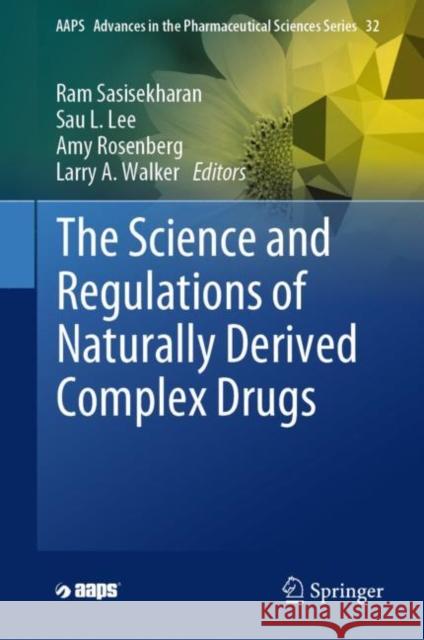The Science and Regulations of Naturally Derived Complex Drugs » książka
topmenu
The Science and Regulations of Naturally Derived Complex Drugs
ISBN-13: 9783030117504 / Angielski / Twarda / 2019 / 331 str.
Kategorie:
Kategorie BISAC:
Wydawca:
Springer
Seria wydawnicza:
Język:
Angielski
ISBN-13:
9783030117504
Rok wydania:
2019
Wydanie:
2019
Ilość stron:
331
Waga:
0.65 kg
Wymiary:
23.39 x 15.6 x 2.06
Oprawa:
Twarda
Wolumenów:
01
Dodatkowe informacje:
Wydanie ilustrowane











